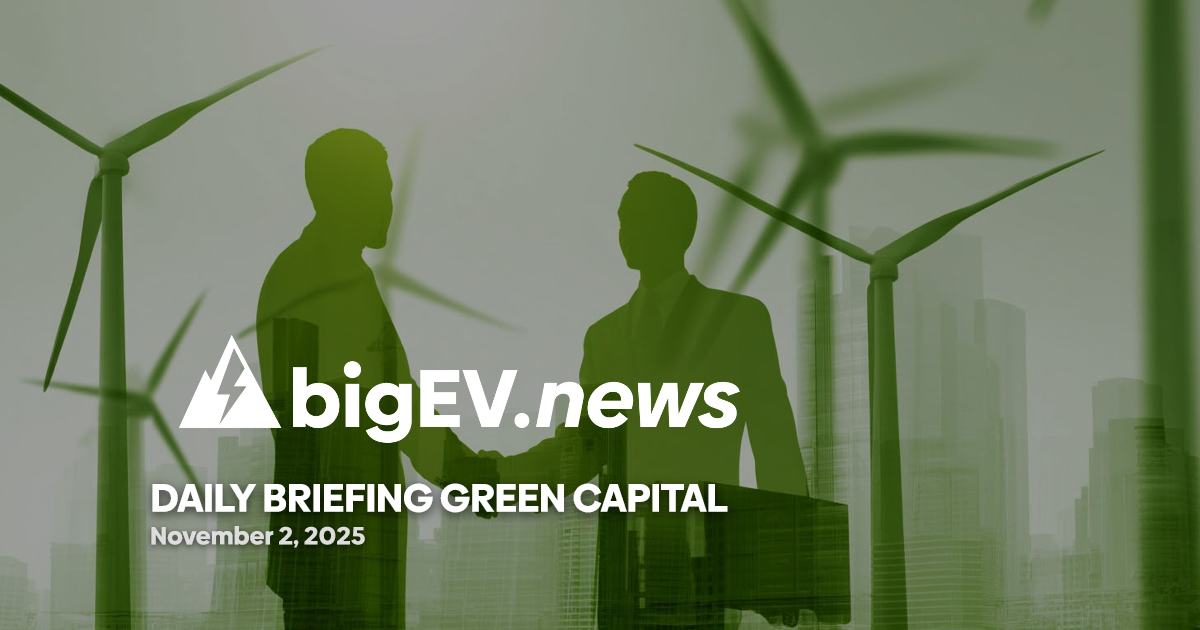Despite the collapse of a key banking alliance and shifting political winds, ESG investing and green capital continue to drive the clean technology transition worldwide.
At a glance – The past 24 hours have marked a pivotal moment for the global ESG investing landscape, as the Net-Zero Banking Alliance (NZBA)—the banking sector’s primary climate commitment coalition—voted to dissolve following a wave of major member exits and mounting U.S. antitrust scrutiny. Established in 2021, the NZBA had been instrumental in guiding banks on decarbonization targets, but recent months saw prominent departures and a failed attempt to restructure as a “framework initiative.” The group’s immediate cessation underscores the growing tension between regulatory environments and voluntary climate action, particularly in the U.S., where anti-ESG sentiment has intensified. Despite the dissolution, the NZBA’s resources will remain available to banks seeking to align with net-zero goals, leaving a legacy of guidance even as the formal alliance ends.
Technology advance – In Ireland, the Sustainable Energy Authority of Ireland (SEAI) has launched a new incentive program offering up to €8,000 to businesses seeking to electrify their vehicle fleets. The initiative includes comprehensive fleet assessments, recommendations for electrification, and guidance on necessary charging infrastructure. This move is part of a broader national strategy to accelerate the adoption of clean transportation technologies, reduce emissions, and support Ireland’s ambitious climate targets. The program is expected to catalyze significant investment in electric vehicles and related infrastructure, addressing both environmental and economic objectives by lowering operational costs and future-proofing business logistics against tightening emissions regulations.
Partnerships – The Global Cement and Concrete Association (GCCA) has announced the creation of a new membership category designed to bring the wider construction ecosystem into its net-zero efforts. By expanding its reach beyond traditional cement and concrete producers to include suppliers, contractors, and technology providers, the GCCA aims to foster collaborative innovation and accelerate the decarbonization of one of the world’s most carbon-intensive industries. This strategic expansion is expected to facilitate knowledge sharing, joint research, and the development of scalable low-carbon solutions, positioning the construction sector as a critical driver of the global clean transition.
Acquisitions/expansions – In a significant move for green capital flows, India’s Ministry of New and Renewable Energy has ordered the cancellation and reissuance of several solar power tenders that were rushed through to bypass new clean energy rules. The decision reflects a renewed commitment to local solar manufacturing and higher standards for project execution, as India seeks to strengthen its domestic supply chain and ensure the long-term sustainability of its renewable energy expansion. This policy shift is expected to redirect billions in investment toward local manufacturers and project developers, reinforcing India’s position as a leading market for clean energy deployment and green finance.
Regulatory/policy – The Thai business community is urging the country’s new government to accelerate the passage of the Climate Change Act and finalize the Power Development Plan, both of which are seen as essential for providing regulatory clarity and attracting investment in decarbonization. Industry leaders argue that clear, ambitious climate policy is critical for maintaining Thailand’s competitiveness in the global market and for unlocking international green capital. The call for action comes amid growing regional competition for sustainable investment and heightened scrutiny from global investors seeking robust policy frameworks to support long-term climate goals.
Finance/business – Despite a shifting political climate and reduced public discourse, ESG and impact investing remain resilient among institutional investors, according to Morningstar’s latest Sustainable Investment Survey. Of the respondents—ranging from fund managers to family offices—87% reported maintaining or increasing their focus on ESG, while 89% did so for impact investing. The survey highlights that private equity and venture capital remain the most common vehicles for ESG mandates, with climate, energy, and agriculture as top focus areas. The main challenges cited include persistent misconceptions about returns and a lack of shared definitions, but the continued flow of capital into sustainable strategies underscores the sector’s durability and its central role in powering the clean technology transition.
Sources: Impakter, Morningstar, charteredaccountants.ie, SEAI, GCCA, Ministry of New and Renewable Energy (India), Thai Chamber of Commerce









